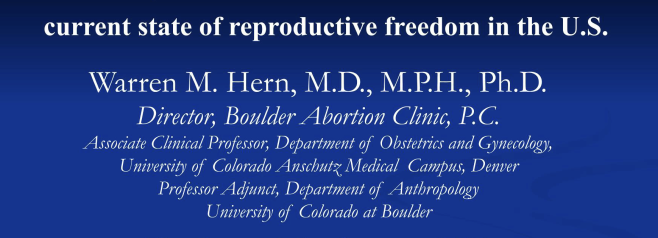FETAL ANOMALIES
One of the most tragic things that can happen to a woman and her loved ones is to discover late in a desired pregnancy that something has gone terribly wrong. The fetus is discovered to have a serious or even fatal problem of development or to have a genetic disorder that will leave it seriously impaired. In spite of everything, nothing can be done to give the baby a chance for a normal life – perhaps not even a chance for life itself.
At Boulder Abortion Clinic, we see many women and couples who have this difficult problem. They wanted to have a baby, made plans for it, and were happy at the prospect of this glorious fulfillment, only to find out that they face tragedy instead of happiness.
There are generally two kinds of problems (fetal anomalies) with pregnancies like this.
- One kind involves the observation or discovery of a genetic disorder that predictably would lead to very serious problems for a young child. This includes things like Trisomy 21 (Down Syndrome), Trisomy 18 and 13, and others that are not so frequent or well known.
- The other kind of problem is a “developmental” anomaly. The genetic inheritance may be perfect, but the fetus has not developed normally. This can include the distressing “anencephalic” (no brain) syndrome, which is fatal and which permits no normal development, and it includes other kinds of “neural tube” defects such as spina bifida or hydrocephaly (“water on the brain”).
There are some people who feel that these malformations and disorders are blessings to be embraced, that dealing with them build character, that that you should not be permitted to have an abortion under these circumstances. It is Dr. Hern’s view that decisions to carry a pregnancy with such problems is a private, personal matter that cannot be regulated by any government, and that couples who decide to terminate such pregnancies should be able to do so without interference from other parties.
One of the main differences for third trimester patients having a pregnancy terminated for fetal anomaly is that they may wish to have an intact fetus that they can examine and hold as part of the grief process. For many of these patients, it is not a fetus – it’s a baby. The woman and her family may request special procedures such as special religious ceremonies, genetic studies, formal autopsy, or private cremation. We can arrange for any or all of these special procedures upon request.
While these procedures or ceremonies can be arranged upon request, we do not expect or require any patients or families to go through any special rituals, ceremonies, or grief process at Boulder Abortion Clinic. Dr. Hern believes that the patient’s own family, physician, and religious counselors are better prepared to provide these kinds of support at home in most cases.
For many of our patients, the greatest support comes in knowing that you are not alone. We have helped people in your circumstances before, and can put you in touch with support groups.
Abortion ban in cases of Genetic Anomaly by Guttmacher Institute, June 1st, 2023.
 Boulder Abortion Clinic
Boulder Abortion Clinic 


